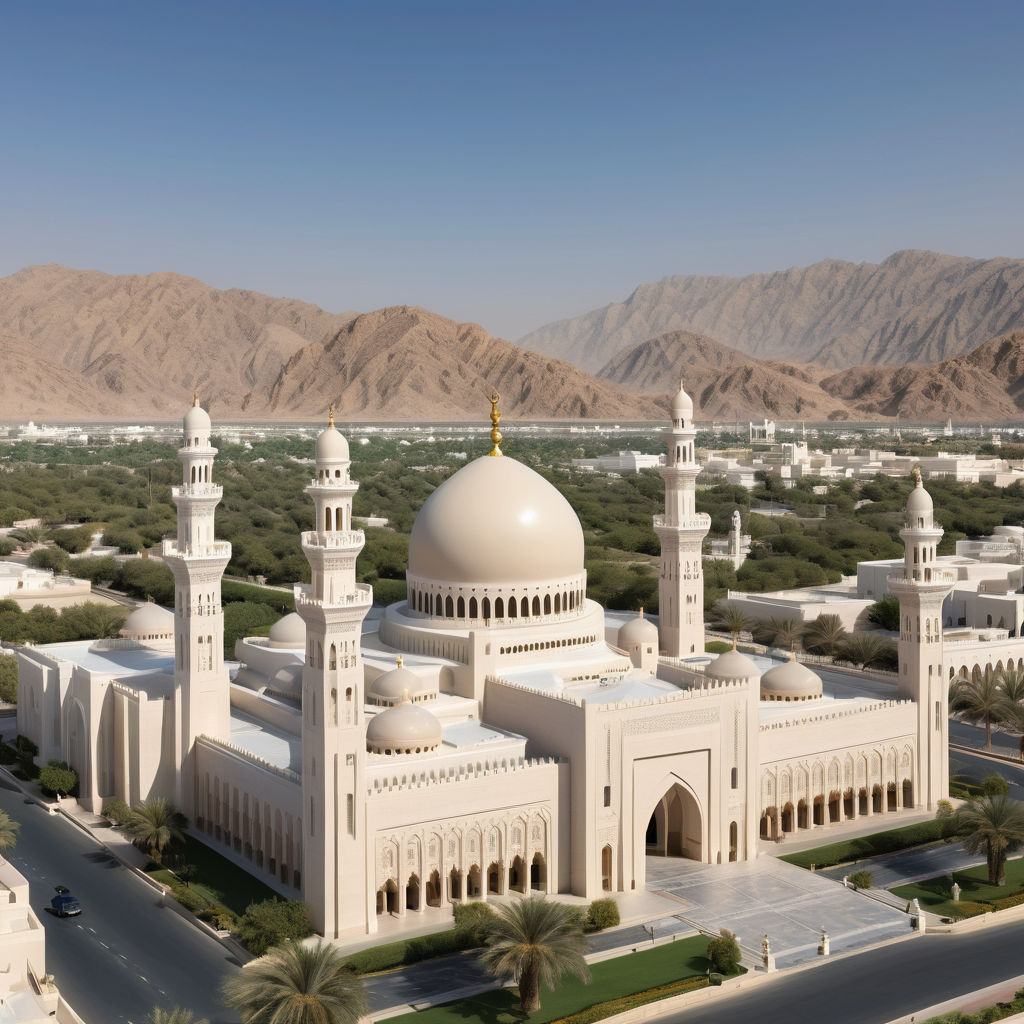Discover Oman: A Tapestry of Tradition and Modernity
Exploring Oman's Rich Cultural Heritage and Cross-cultural Interactions

Introduction to Oman
Oman, located on the southeastern coast of the Arabian Peninsula, is a country known for its rich history, stunning landscapes, and welcoming culture. Bordered by the United Arab Emirates to the northwest, Saudi Arabia to the west, and Yemen to the southwest, Oman enjoys a strategic location with coastlines along the Arabian Sea, Gulf of Oman, and the Persian Gulf. The capital city, Muscat, is renowned for its modern architecture juxtaposed with ancient forts and bustling souks. Other major cities include Salalah, known for its unique Khareef monsoon season, and Nizwa, famous for its historic fort and vibrant markets. Oman’s cultural heritage is a tapestry woven from its maritime history, Bedouin traditions, and Islamic faith.
Cross-national and Cross-cultural Understanding
Omanis generally have a positive and open attitude towards other cultures, a perspective that has been shaped by centuries of trade and interaction with various civilizations. The country’s strategic position along ancient trade routes has historically made it a melting pot of diverse cultures. This history of multicultural interactions has fostered a deep-rooted appreciation for cultural diversity among Omanis. The government of Oman actively promotes cross-cultural understanding through various educational and cultural exchange programs. The Sultan Qaboos University, for instance, engages in numerous international collaborations and exchange programs that encourage students and faculty to interact with global peers. Additionally, Oman’s participation in international organizations and forums, such as the United Nations and the Gulf Cooperation Council, facilitates cultural diplomacy and the exchange of ideas. Cultural festivals and events also play a significant role in promoting cross-cultural understanding. The Muscat Festival, for example, showcases the rich cultural heritage of Oman while also inviting international artists and performers to participate, thus creating a platform for cultural exchange.
Interactions and Social Dynamics
Interactions between Omanis and foreigners are typically characterized by warmth, respect, and hospitality. Omanis take great pride in their tradition of hospitality, often going out of their way to make visitors feel welcome. This is evident in social behaviors such as offering dates and coffee to guests, engaging in polite conversation, and showing genuine interest in learning about other cultures. Communication styles in Oman tend to be formal yet friendly. Respect for elders and authority figures is deeply ingrained, and politeness is highly valued. Omanis are generally patient and courteous in their interactions, which helps create a positive atmosphere for cross-cultural communication. The role of language is crucial in facilitating these interactions. While Arabic is the official language, English is widely spoken and understood, especially in urban areas and among the younger population. This multilingualism helps bridge communication gaps and enhances mutual understanding between Omanis and foreigners. Additionally, Oman’s diverse expatriate community, which includes people from South Asia, Europe, and other Arab countries, contributes to the multilingual and multicultural fabric of Omani society.
Views on Dating and Relationships
Dating and relationships in Oman are influenced by cultural and religious norms that emphasize modesty and respect. While traditional values are still strong, especially in rural areas, urban centers like Muscat are witnessing a gradual shift towards more liberal attitudes, influenced by globalization and increased exposure to different cultures. Dating among Omanis and foreigners is generally accepted, provided it is conducted with respect for local customs and traditions. Public displays of affection are considered inappropriate, and couples are expected to be discreet in their interactions. Understanding and adhering to these cultural expectations is crucial for maintaining respectful and harmonious relationships.
Marriage and Family
Marrying foreigners in Oman involves navigating various legal, social, and familial considerations. Legally, mixed marriages are permitted, but they require adherence to certain procedures, including obtaining approvals from relevant authorities. Socially, acceptance of cross-cultural marriages varies, with urban areas being more open compared to rural regions. Family approval and involvement are significant in Omani marriages. It is common for families to play an active role in the matchmaking process and in the couple’s life post-marriage. Cross-cultural marriages, therefore, necessitate a deep understanding and respect for each partner’s cultural background to ensure familial harmony. Omani weddings are grand celebrations that blend traditional and modern elements. These events provide an opportunity for the couple’s families to come together, fostering cross-cultural understanding and mutual respect.